About SUWS of the Carolinas
SUWS of the Carolinas is a leading provider of addiction treatment services. Our programs are designed to meet the needs of individuals struggling with addiction, as well as those who are dealing with co-occurring mental health disorders. We offer a variety of treatment modalities, including dual diagnosis, adult and gender-specific programs, inpatient and outpatient rehab, and cognitive and experiential therapies. Our goal is to provide our clients with the tools they need to recover from addiction and lead fulfilling lives.
Addiction Treatment Programs
Dual Diagnosis
For many people in North Carolina, dual diagnosis treatment that addresses mental health and substance use is essential to their recovery. In dual diagnosis programs, the activities, peer support, and counseling are tailored to the unique needs of those with mental health concerns. This may include additional therapy, medication, or peer support.
Adult Program
Adult program programs in North Carolina address the specific needs of this stage of life. In an adult program, the activities, peer support, and counseling are tailored to the unique needs of this age group. This may include talking about how to build a career, raise a family, and handle the many responsibilities of independent living.
Men's Rehab
A men’s rehab in North Carolina can provide every level of care while addressing the unique needs of men. In a men’s program, the activities, peer support, and counseling are tailored to the unique needs of men. This may include talking about career development, fatherhood, communication strategies, and more.
Women's Rehab
Choosing a women’s rehab in North Carolina can be a great way to manage gender-specific issues while also addressing substance use. In a women’s program, the activities, peer support, and counseling are tailored to the unique needs women have. This may include talking about building a career, motherhood, relationship safety, and more.
Insurance Coverage
Self-pay options
In North Carolina, one option to pay for substance use treatment is self-pay, also known as private pay. You can use a medical loan, write a check, or send money to the center electronically. Check on the fee structure, which can vary depending on the type of care.
Levels of Care
- 1
Inpatient Rehab
If you’re starting out on your recovery journey, inpatient treatment can give you the focused, supportive environment you need to build a solid foundation. Inpatient care doesn’t just involve therapy, you also enjoy activities and outings, and many programs have holistic treatment like yoga, mindfulness, and more.
Therapies
Cognitive Behavior Therapy
Receiving cognitive behavioral therapy in North Carolina helps you identify your automatic interpretations of situations and how that impacts your behavior. CBT can help you identify and challenge maladaptive thoughts, calm your mind, and face your fears rationally.
Dialectical Behavior Therapy
Receiving dialectical behavioral therapy in North Carolina helps you identify your strengths and learn how to create a better life for yourself. DBT can help you replace problem behaviors with skills that give you a healthier way to manage stress and handle substance use triggers.
Experiential Therapy
Experiential therapy allows you to use activities such as art and music to express your emotions and work through trauma. Substance use treatment includes detox, inpatient treatment, and outpatient care, and experiential therapy may be a part of each of these stages. The goal is to help clients work through their emotions using healthy strategies instead of substance use.
Family Therapy
If you struggle with addiction in North Carolina, it’s common to have broken and dysfunctional family relationships. Family therapy can help you address those issues and find support from your loved ones. Family therapy is a common part of both inpatient and outpatient substance use treatment and may be used to help address trauma, build better relationships, and help loved ones become part of your support network.
Group Therapy
If you struggle with addiction in North Carolina, it’s common to feel like no one understands you. Group therapy can help you find common perspectives and support. In rehab, group therapy is only one of the elements of treatment, along with activities, peer support, individual counseling, relapse prevention, and more. Together, all these methods support you in establishing long-term recovery.
Individual Therapy
In North Carolina, individual therapy allows you to work one-on-one with a professional to address your past experiences and substance use triggers. This support and accountability help you establish recovery. Substance use treatment includes detox, inpatient treatment, and outpatient care, and individual therapy may be a part of each of these stages. The goal is to help clients address the roots of addiction, develop motivation to change, and create new habits for a substance-free life.
Trauma Therapy
When you’ve experienced trauma, it’s natural to try to protect yourself from further harm. Trauma-informed therapy in North Carolina can help you see how substance use is connected to your past experiences and how you can learn to care for yourself in healthier ways. Substance use and trauma are interrelated, and trauma-informed therapy involves working with the therapist and your support network to create healthy coping skills, become empowered, and improve resilience.
Animal Therapy
Accreditations
Location
Contact SUWS of the Carolinas
Top Drug Rehab Centers in North Carolina
-
 North Carolina
North CarolinaSilver Ridge
183 Old Turnpike Road Mills River, North Carolina 28759
-
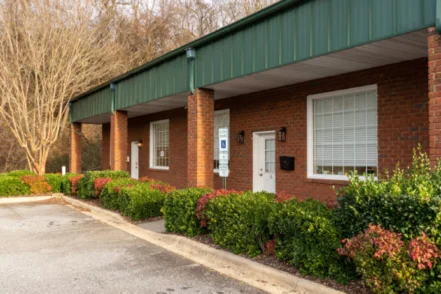 North Carolina
North CarolinaAsheville Recovery Center
9 Old Burnsville Hill Road, Suite 7 Asheville, North Carolina 28804
-
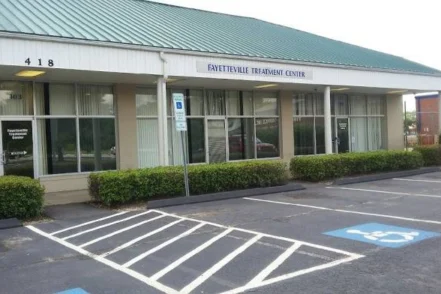 North Carolina
North CarolinaNew Season Fayetteville Treatment Center
Person St, Suite 103 Fayetteville, North Carolina 28301
-
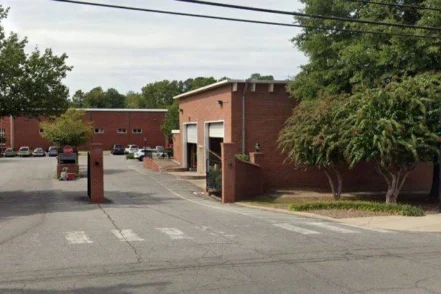 North Carolina
North CarolinaTriangle Residential Options for Substance Abusers
1820 James Street Durham, North Carolina 27707
-
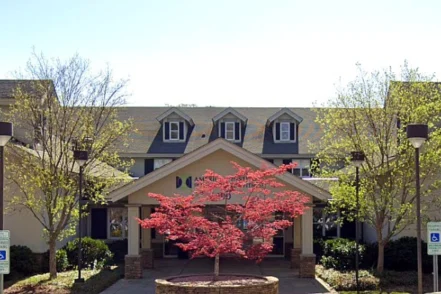 North Carolina
North CarolinaCarolina Performance
8300 Health Park, Suite 201 Raleigh, North Carolina 27615
-
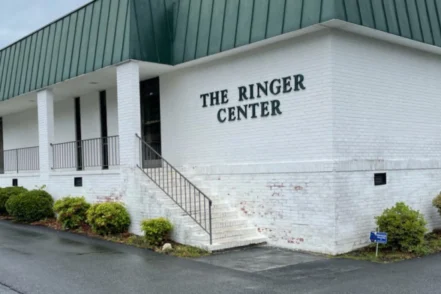 North Carolina
North CarolinaThe Ringer Center Greensboro
213 East Bessemer Avenue Greensboro, North Carolina 27401
-
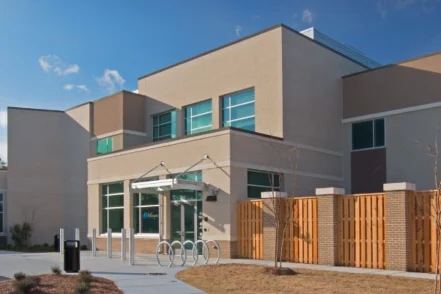 North Carolina
North CarolinaWilmington Treatment Center Troy Drive
2520 Troy Drive Wilmington, North Carolina 28401
-
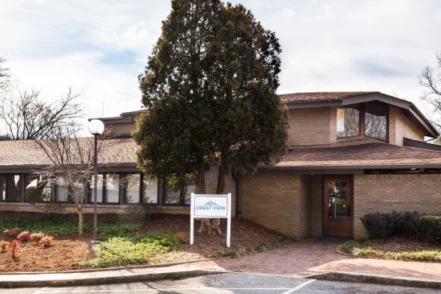 North Carolina
North CarolinaCrest View Recovery Center
90 Asheland Avenue, Suite D Asheville, North Carolina 28801
-
 North Carolina
North CarolinaHolly Hill Hospital
3019 Falstaff Road Raleigh, North Carolina 27610
-
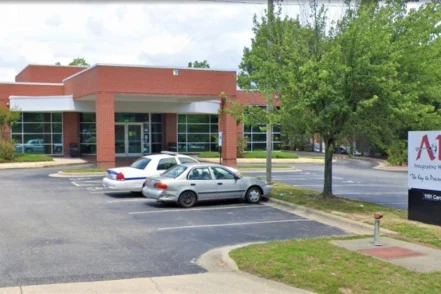 North Carolina
North CarolinaAlcohol and Drug Services Greensboro
1101 Carolina Street Greensboro, North Carolina 27401
-
 North Carolina
North CarolinaCrossroads of Greensboro
2706 North Church Street Greensboro, North Carolina 27405
-
 North Carolina
North CarolinaDilworth Center
2240 Park Road Charlotte, North Carolina 28203
-
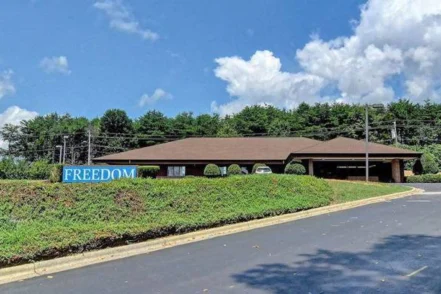 North Carolina
North CarolinaFreedom Detox
1089 X Ray Dr Gastonia, North Carolina 28054
-
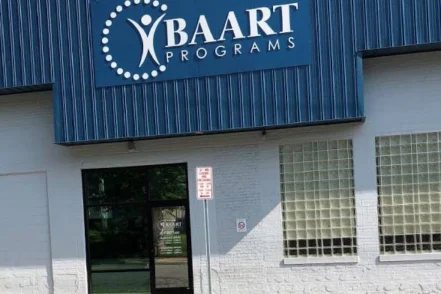 North Carolina
North CarolinaBAART Programs Durham
800 N Mangum Street, Suite 400 Durham, North Carolina 27701


